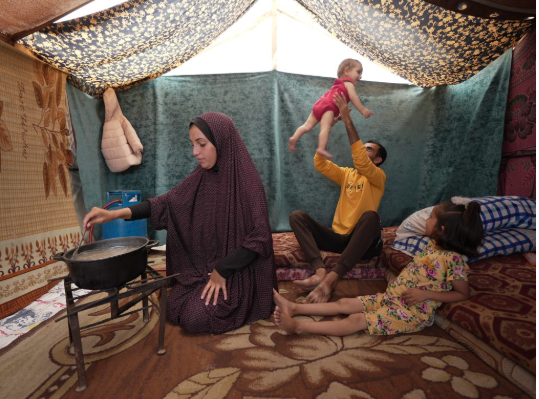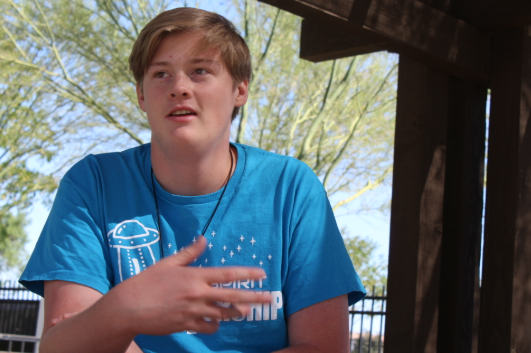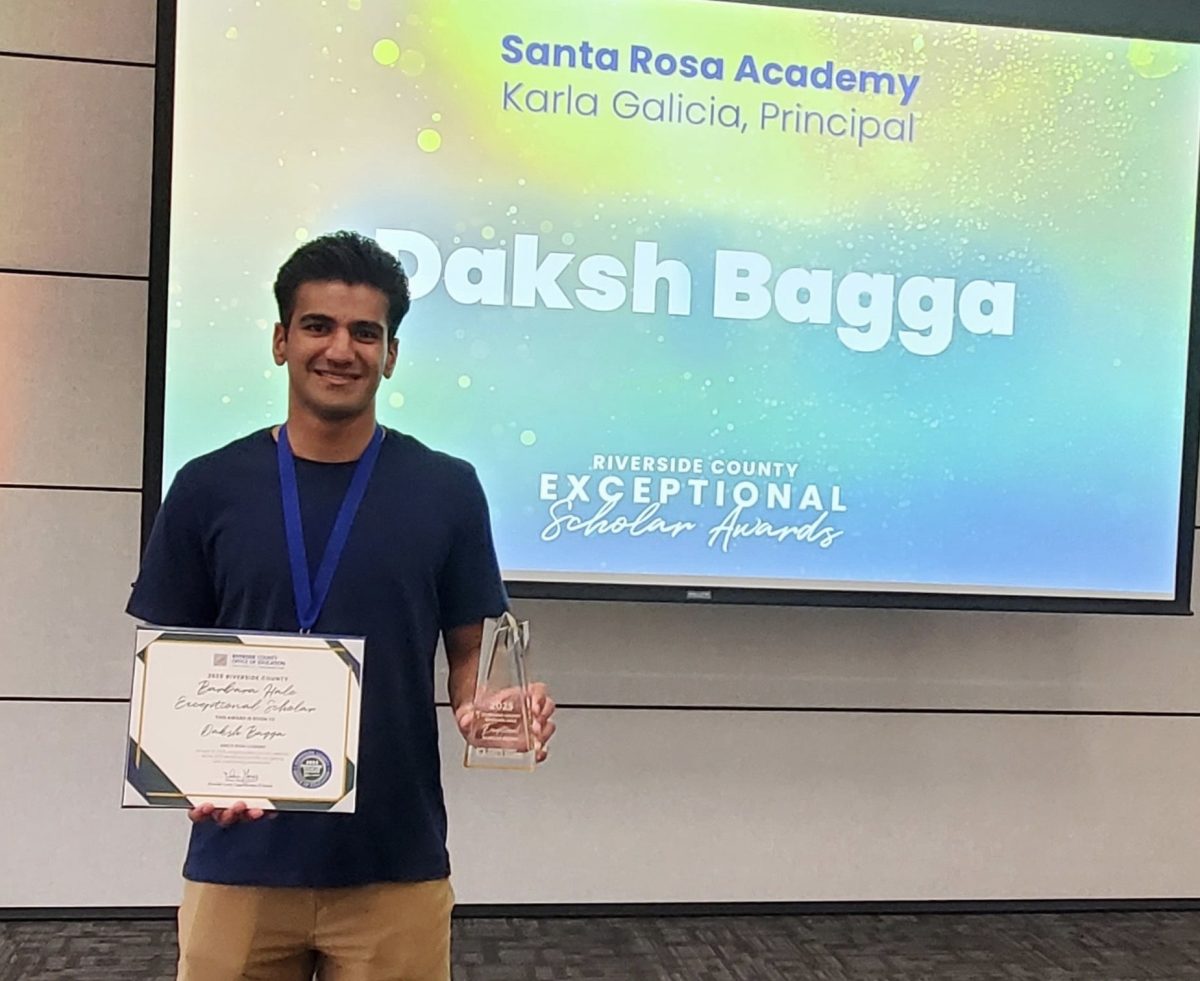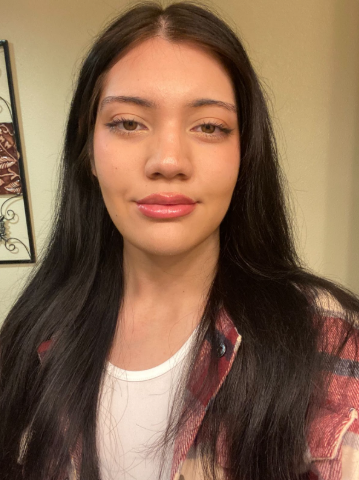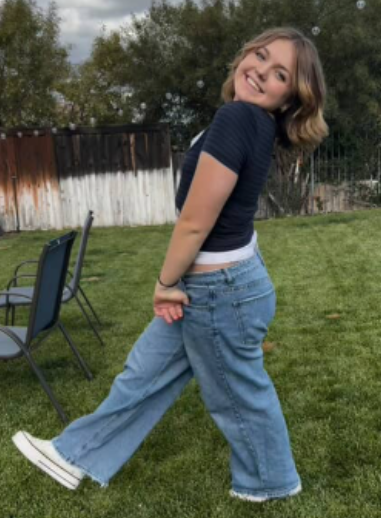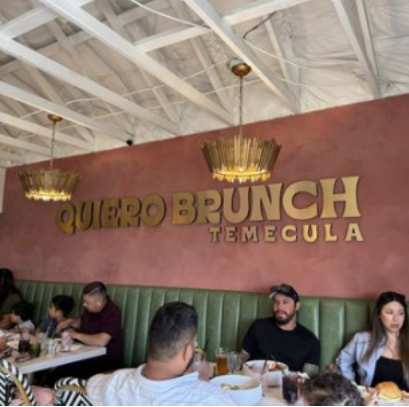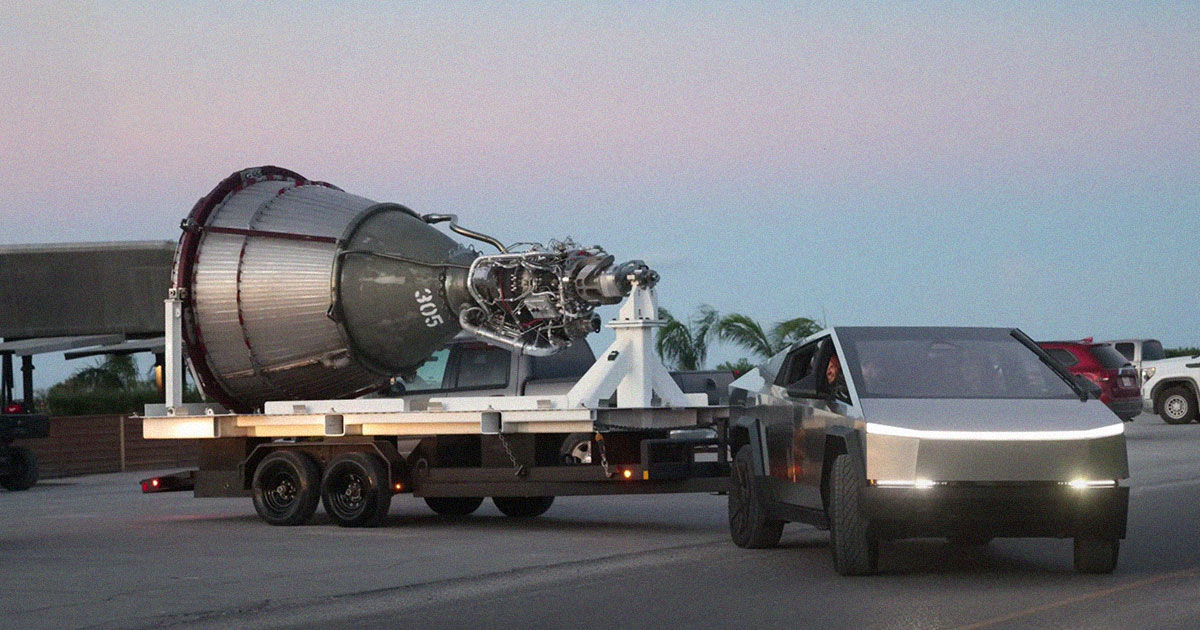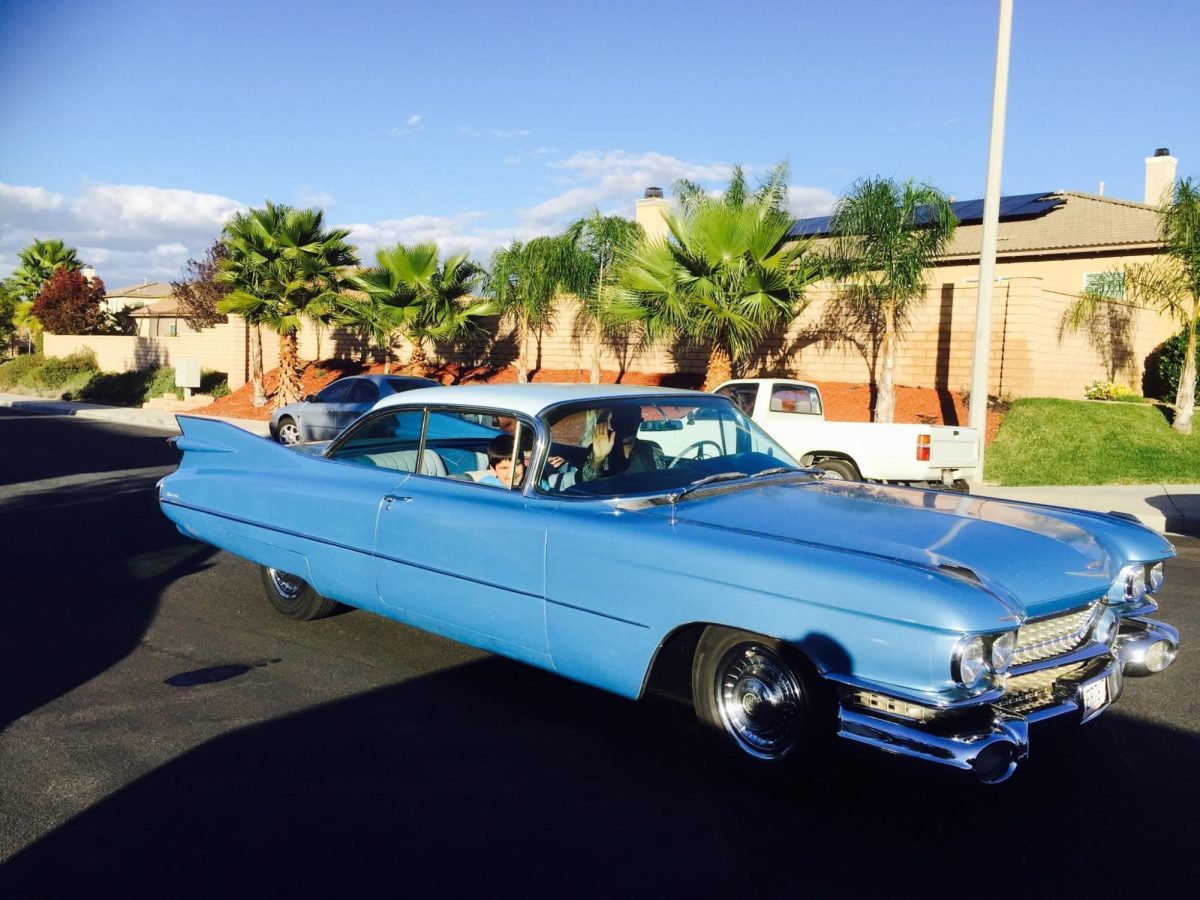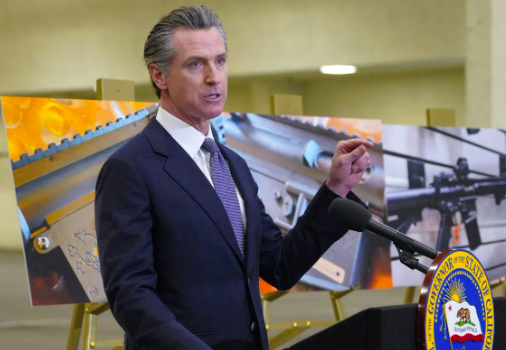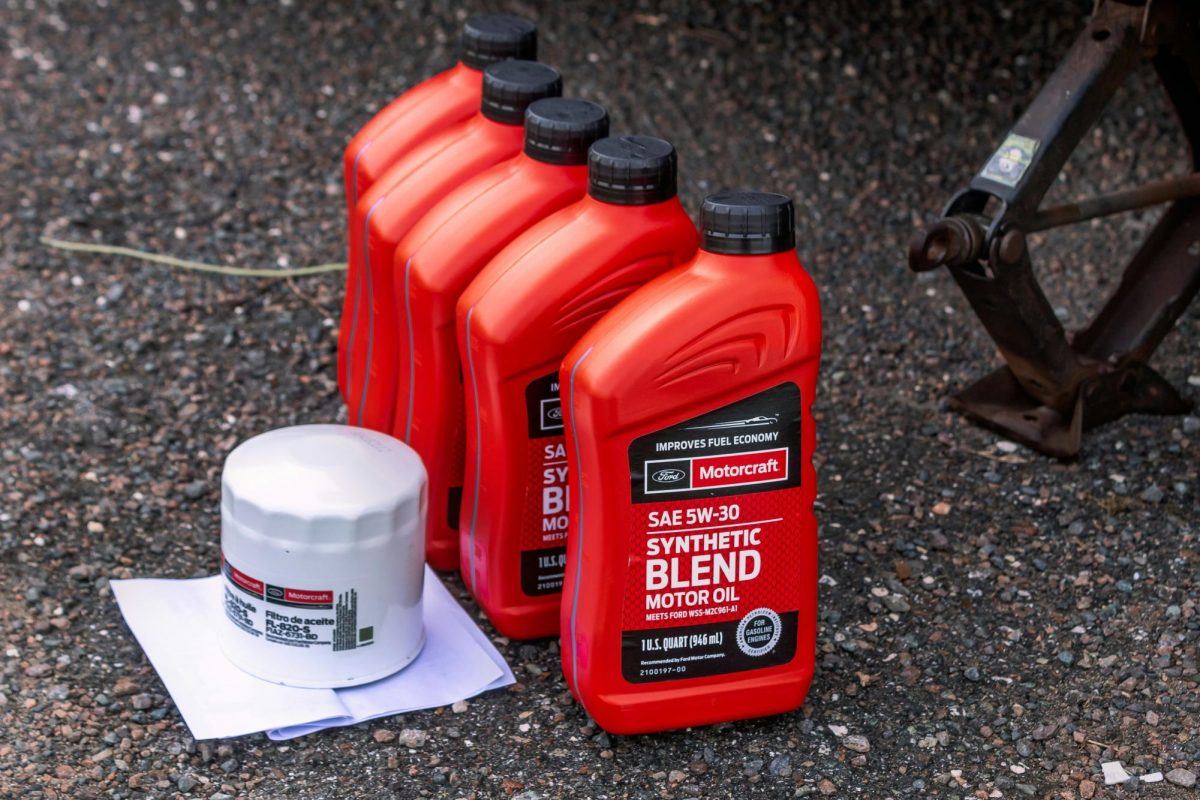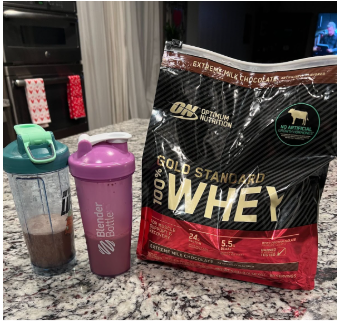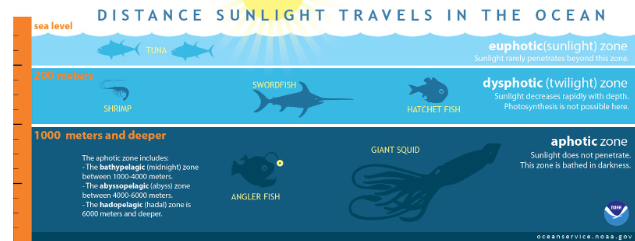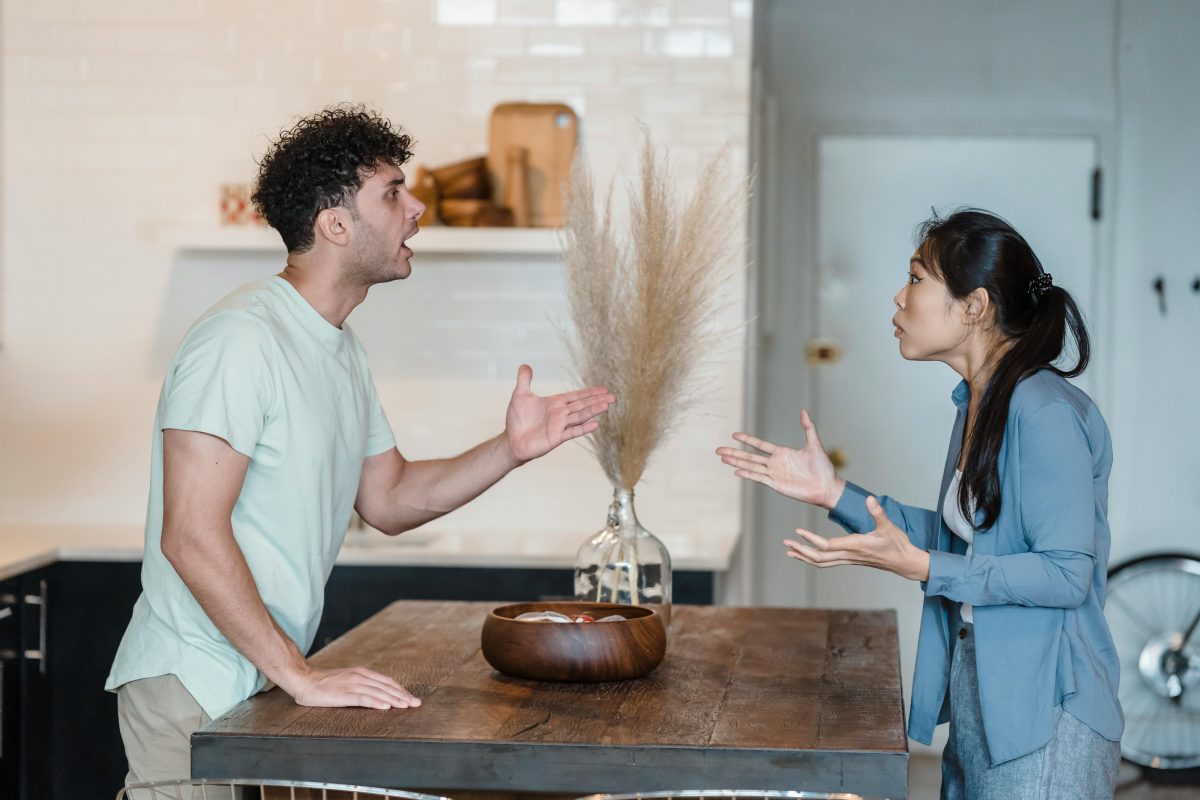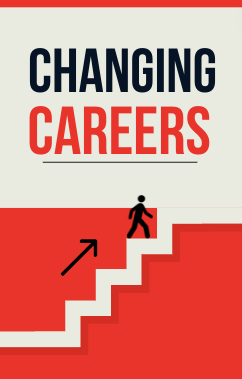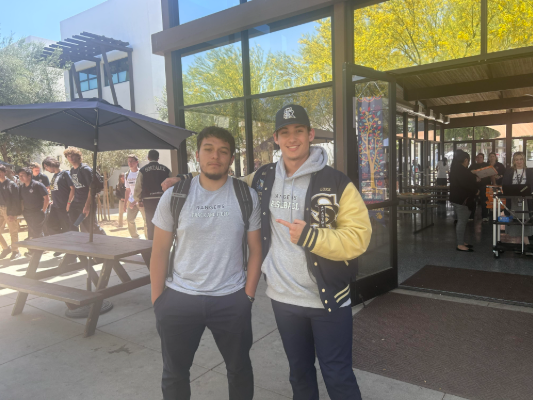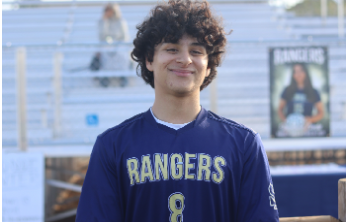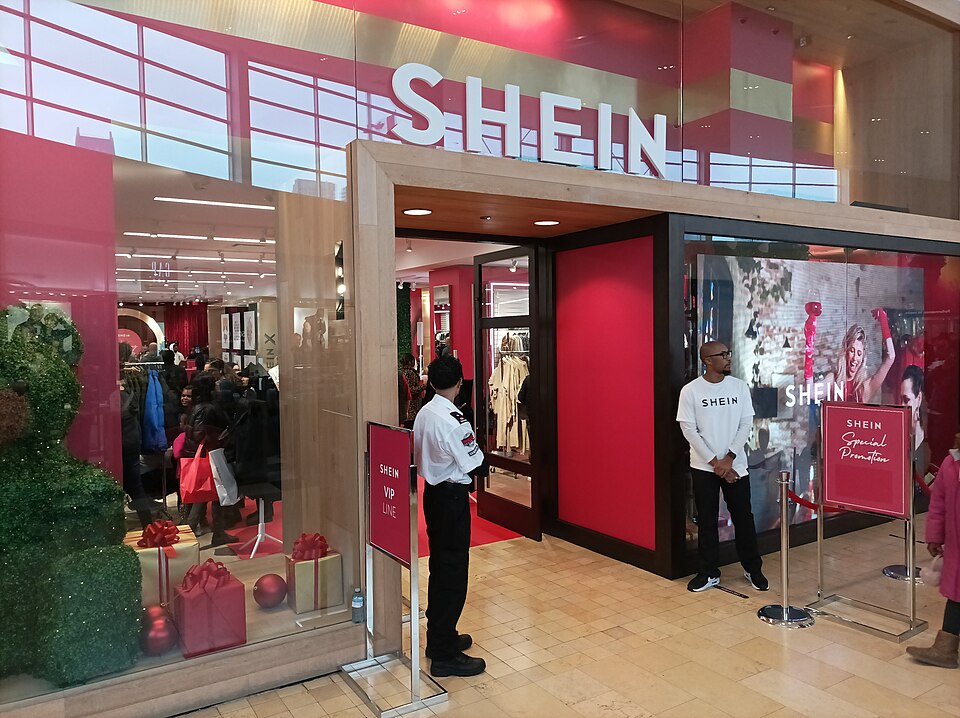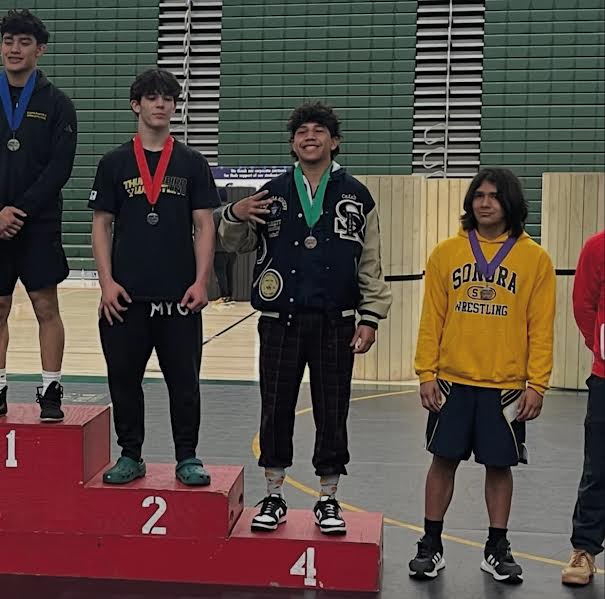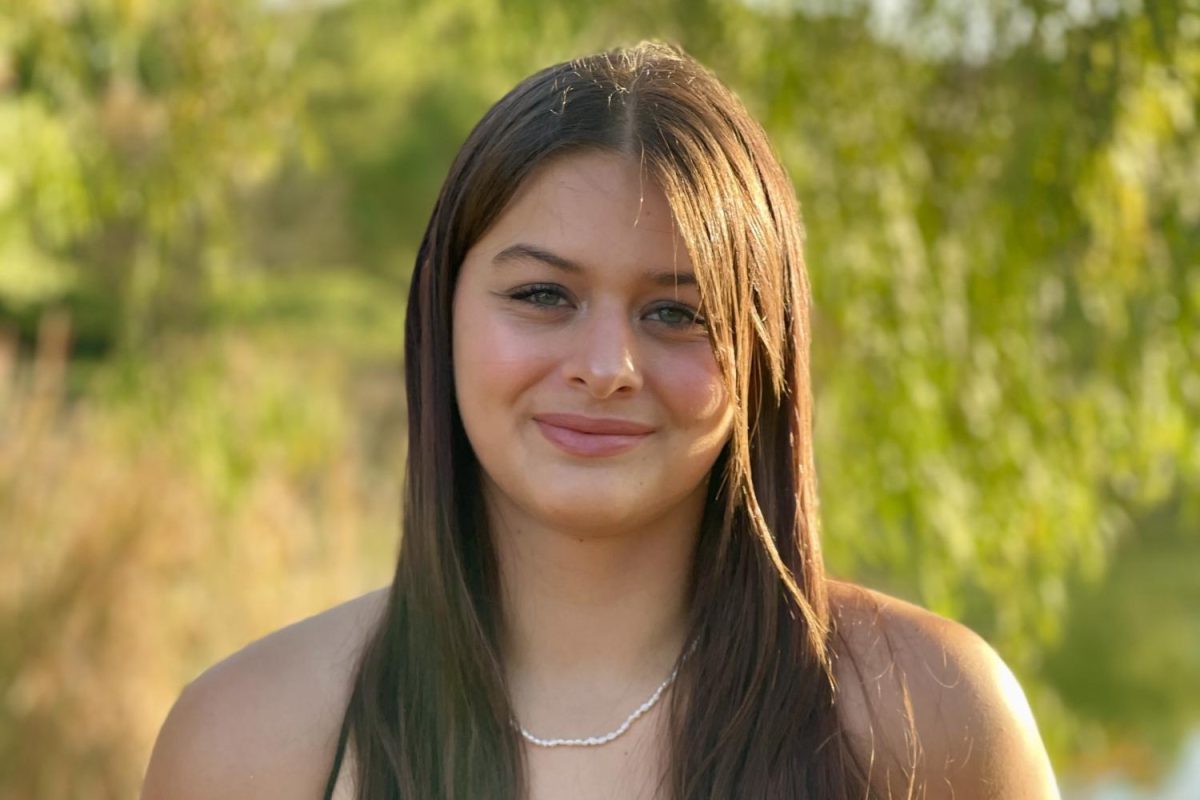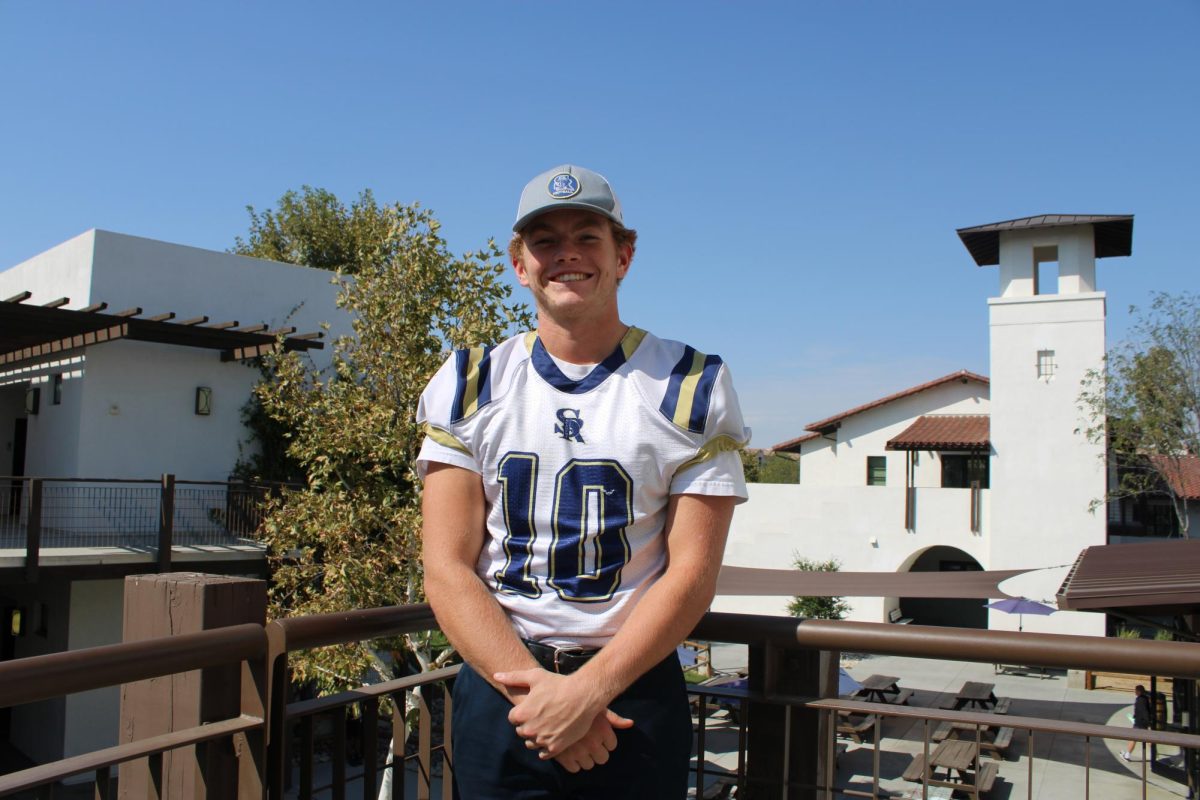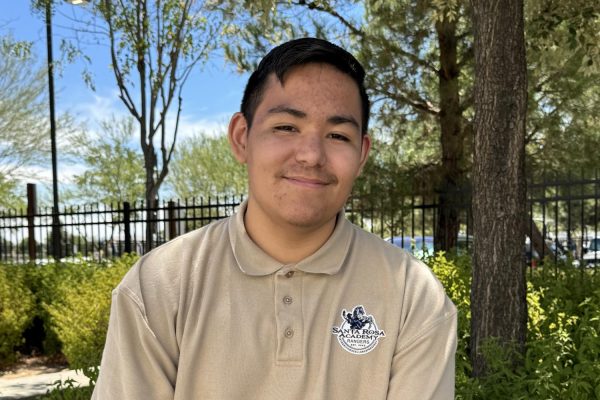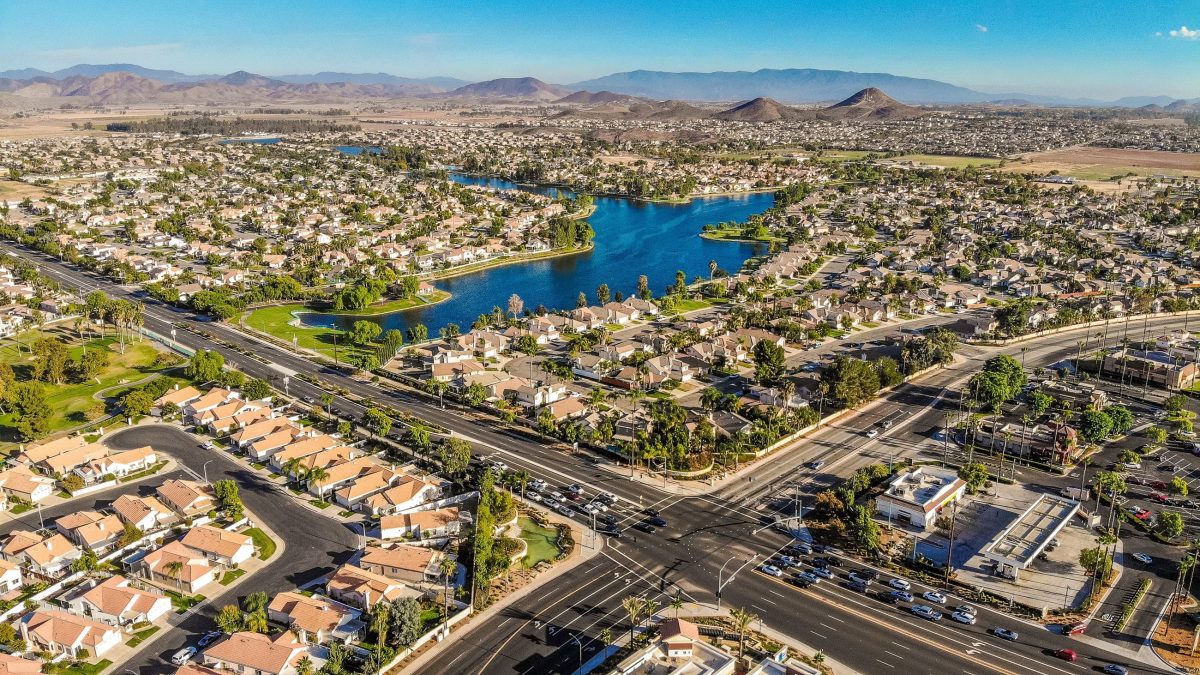
As Menifee is a week away from the mayoral election on November 5, an increasing number of the voting bloc, Gen-Z, is eager to see the candidates’ platforms, policies, and leadership styles. This race is more than an election of a new Mayor; it represents a shift in Menifee’s demographics and a passing of the torch as this election is the first time many in Gen-Z will be eligible to vote.
Gen-Z is primarily concerned with issues ranging from education, housing, and job opportunities to social justice and environmental initiatives. The candidate that wins has a unique opportunity to shape the city in ways that will affect the youngest generation, who are becoming an increasingly large portion of the voting populace. I contacted all three campaigns to ask what a victory for their candidate would mean for Menifee’s youngest voters.
When SRA Press contacted the Estrada Campaign, their official response was to decline the interview due to the nature of Estrada’s employment at Santa Rosa Academy. The Greene team did not respond after multiple attempts and a date for an interview could not be reached prior to the publishing of this article. Therefore, the Sobek campaign was the only one willing to discuss these issues with our staff.
Prior to sitting down with councilmember Lesa Sobek, the goal was to understand her policies, specifically how her campaign, if she were to win, could directly impact Gen-Z. The interview focused on issues that resonate strongly with my generation, such as education, housing, job opportunities, social justice, and environmental sustainability. I wanted to understand her vision for Menifee and how her win would align with the priorities of Menifee’s upcoming Gen-Z. The interview was conducted with a 15-question structure, covering personal topics, policies, and politics.
After exchanging introductions, I asked Sobek, “Can you tell me a little bit about your upbringing and family life?” to better understand who she is as a person and candidate. Sobek grew up in Riverside, California, with three sisters, and has been married to her husband for over forty years. She moved to Menifee in 1989 from Riverside. She raised three children, has twelve grandchildren, and was a stay-at-home mother who was heavily involved in her children’s schooling, the PTA (Parent-Teacher Association), and multiple booster clubs until she began working for Menifee Union School District.
Lesa Sobek has many grand plans for the city and what she would like to do if she were elected. When I asked how she would use her experience serving on PTA boards and working with the community for over forty years, as well as fundraising for many non-profits, including food drives for the Menifee Community Cupboard, Habitat for Humanity and the domestic violence shelter which included the cities of Menifee, Perris, Lake Elsinore and Wildomar, she responded by saying: “Well, all of those experiences will help me—you don’t have to reinvent the wheel.” She also added, “I’ve been in Washington, D.C., representing Riverside County, lobbying for Riverside County. Those experiences will help me with my leadership.” Sobek communicated a strong message of experience, which would guide her if she were elected.
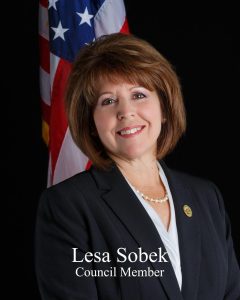
While working for the Menifee Union School District, Lesa Sobek pioneered a reading program called Grandparents and Graduates Reading, Enriching, and Tutoring, otherwise known as G.R.E.A.T. She was involved in her church, which formed connections with various community leaders from Menifee to Perris, organizing volunteers for different fundraisers and food drives. This led to Sobek becoming Menifee’s planning commissioner from 2012 to 2015 and then being elected as a City Council member of Menifee in a special election.
Given the discussion about the G.R.E.A.T. program, I asked Sobek why Menifee should elect her as mayor. Sobek cited her experience saying: “First of all, my experience. We need a leader who has experience. We also need a full-time Mayor. Out of the three candidates, I’m retired. It’s important to have a full-time Mayor,” while also adding, “I need to ask myself this question: is this decision I’m making a good decision, and how will it affect the children, the youth, the families, the senior citizens?”
This led directly to a follow-up question: “Being a high school student myself, what do you hope your administration does to benefit young people?” Sobek responded, “Since we’ve become a city, we’re 16 years old—on October 1, we turned 16—and we have had to spend time building our infrastructure. My focus would be to build our social infrastructure.” When I inquired about what this social infrastructure is, Sobek responded: “The amenities that our children and youth have available for entertainment and recreation.” She then gave an example of her plan, in which she made an appointment with the Riverside County Supervisor, to move the library and donate the rest of the property to the City of Menifee.
Lesa Sobek detailed plans for a community centre on the empty plot of land, with input from the community. She and current Mayor Bill Zimmerman have plans for the center to be used for cultural arts as well as visual and performing arts, and it will include meeting rooms as requested in community responses. Sobek also spoke about her integral role in the creation of the Youth Leaders of Menifee, a program that bolsters the youth in Menifee.
Lesa Sobek also spoke about an interesting prospect of Cal State San Marcos coming to Temecula and inhabiting the old Abbott Vascular building, which is currently owned by MSJC. Sobek commented, “I am co-chair of the Menifee Higher Education Coalition. We have been meeting since January, and we have identified MSJC and Cal State San Marcos. We are bringing Cal State San Marcos here, and we identified a location in the Abbott Towers, which is currently occupied by MSJC. We need to raise $18 million for tenant improvements—the building is there, the shell is there, we just need the improvements,” adding, “we’ve already raised $8 million since January.”
The conversation turned towards mental health when Sobek was asked what programs or initiatives does she plan to introduce or expand to support the youth of Menifee. Sobek responded, saying: “This was one of my biggest concerns when we came out of COVID: our youth and anxiety, depression, suicidal thoughts, etc. What we did is we created a committee for the City of Menifee called ‘U Matter’.” With the help of the University of Riverside, the program created a website where anyone can access mental health resources such as therapy, counseling, classes, and more. Sobek then claimed that the goal of her campaign would be to add more mental health support for the youth of Menifee.
Specifically, on issues that affect the youth of Menifee, I asked a direct follow-up question: “What are your plans to address affordable housing, particularly for young adults entering the workforce or attending local colleges?” Sobek responded: “We have given direction to the city to try and sprinkle affordable housing in apartment units—say an apartment owner or builder sets aside a section for more affordable housing … We have given direction to staff to build housing at different price points to make Menifee more affordable.” Sobek communicated that affordable housing is not an issue that can be fixed overnight; it will take a concerted community effort, and cooperation with local businesses and developers, and will depend on the state and national housing market as well while also benefiting from her experience as a planning commissioner and a city councilperson for the past decade.
When asked if she could give any advice to younger voters, Sobek responded with a powerful quote to close the interview: “Know who you are and don’t let anyone else define who you are.” She added, “Be who you want to be and go for it, know that you are special and have been given special gifts, and make a difference. Listen to what’s in your heart and go for it.”
In just a few days, Menifee will decide who the next Mayor will be, a pivotal decision for the town. In that election, many members of Gen-Z will cast their votes. The Estrada and Greene campaign chose not to participate in this discussion of how they will meet the needs of these voters while Lesa Sobek provided insight into her vision for Menifee focusing on social infrastructure, mental health and affordability for the youth. Regardless of the outcome of this election, this is the first step for Gen-Z to become a larger portion of the voting population. The question is, which candidate will earn the trust and votes of Menifee’s youth to help shape the next chapter of the city’s growth?

